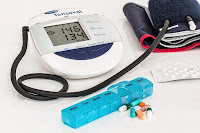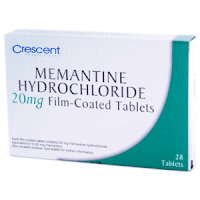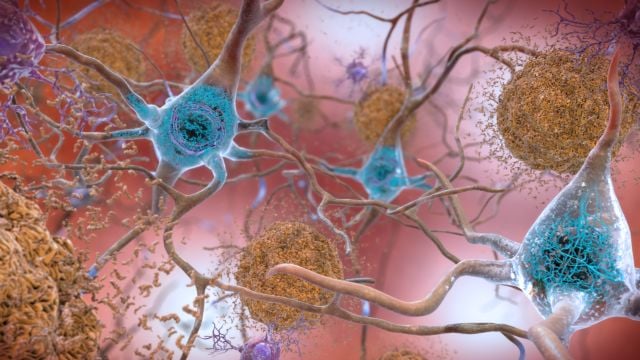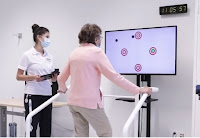
These Blood Pressure Meds Slow Memory Loss
UCal-Irvine researchers have discovered which blood pressure medications help slow memory loss in older adults.

UCal-Irvine researchers have discovered which blood pressure medications help slow memory loss in older adults.

Researchers find that people with dementia who received the drug suvorexant showed a drop in tau and amyloid beta. The drug is already available for sleep problems in Alzheimer’s. Learn more.

NAMENDA® / EBIXA® (generic MEMANTINE) is FDA-approved for Alzheimer’s. Learn about new research on how it may help in preventing or slowing dementia.

Research shows that lecanemab is the first drug ever to slow cognitive decline in Alzheimer’s. Learn more.

Researchers have found both smoking and cardiovascular disease impair the ability to learn and memorize. Find out more.

People with Alzheimer’s are often prescribed drugs for other conditions — including diabetes or high blood pressure — at the same doses as those without dementia. That practice might need to be reexamined.

The FDA has approved the supplemental New Drug Application (sNDA) of REXULTI® (brexpiprazole) for the treatment of agitation associated with Alzheimer’s. It’s the first such treatment to be approved in the US. Learn more.

See safety and effectiveness rankings for four Alzheimer’s drugs. Ranked on concentration, memory, alertness and mood, learn what the researchers found.

An international team of researchers finds that cognitive motor training helps fight Alzheimer’s and dementia, using a fitness game to show that cognitive motor training improves both cognitive and physical skills in people with significant dementia. Find out more.

A global team of scientists has found by tracking the health of more than 31,000 adults through six longitudinal studies that treating high blood pressure with medication reduces the risk of dementia by 12 percent. It reduces the risk of developing Alzheimer’s disease even more – by 16 percent. Find out why.

SHORT-TERM MEMORY lapses are obvious signs of Alzheimer’s, but other tell-tale signals begin to show much earlier. Learn how to look for semantic impairments, such as simple questions about size.

Discover compassionate, practical and proven strategies to navigate dementia care confidently, ensuring the well-being of both you and your loved one.

How can military service impact brain health? What are specific risk factors? Are there vital steps soldiers can take towards dementia prevention and treatment?

SHORT-TERM MEMORY lapses are obvious signs of Alzheimer’s, but other tell-tale signals begin to show much earlier. Learn how to look for semantic impairments, such as simple questions about size.

Three important dementia studies focus on HS-AGING, a type of dementia almost as common as Alzheimer’s in the 85+ group. Yet few people have heard of it. Why? What makes it different?

An intriguing study of 120 grandmothers might surprise you. Doctors know socially engaged people have better cognition and less dementia. But can a person get too much of a good thing? What’s the right balance?

Enjoy this great duet between a musician with dementia and his son. A triumph of spirit over Alzheimer’s! Sing-a-long if you like!
No spam, only news and updates.



This site was inspired by my Mom’s autoimmune dementia.
It is a place where we separate out the wheat from the chafe, the important articles & videos from each week’s river of news. Google gets a new post on Alzheimer’s or dementia every 7 minutes. That can overwhelm anyone looking for help. This site filters out, focuses on and offers only the best information. It has helped hundreds of thousands of people since it debuted in 2007. Thanks to our many subscribers for your supportive feedback.
The site is dedicated to all those preserving the dignity of the community of people living with dementia.
Peter Berger, Editor